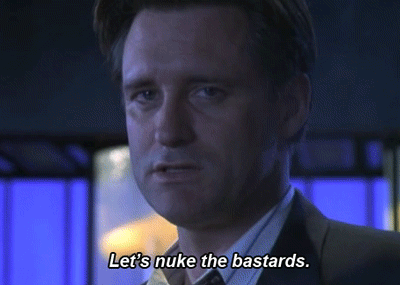Researchers from the Harvard-Smithsonian Center for Astrophysics have come up with what they see as the best explanation for why we have yet to find alien life that equals our own. They say it's because, compared to the rest of the universe, Earthly life is relatively premature.
Our 4.5 billion-year-old planet is relatively young, floating in a universe that is about 13.8 billion years old. The research team, whose study will be published in the Journal of Cosmology and Astroparticle Physics, believes that life on Earth formed significantly earlier than comparable life would normally emerge on other planets.
"If you ask, 'When is life most likely to emerge?' you might naively say, 'Now,'" lead author Avi Loeb said in a press release. "But we find that the chance of life grows much higher in the distant future."




